Euronews' verification team has detected pro-Georgescu TikTok accounts falsely pinning responsibility for the cancelled second round of voting on the EU Commission chief.
Disinformation circulating on Chinese-owned platform TikTok falsely claims that European Commission chief Ursula von der Leyen personally intervened to call off the second round of voting in Romania’s presidential elections.
The unprecedented decision to annul the first-round vote and cancel the run-off was made earlier this month by Romania’s Constitutional Court, citing declassified intelligence that suggested the first-round result was compromised by a “state actor”.
Von der Leyen, who helms the EU's executive arm, had no stake in that domestic judicial decision.
But videos circulating on TikTok wrongly claim she pressured the government in Bucharest - and outgoing president Klaus Iohannis - to call off the vote.
"Ursula von der Leyen gave the order to cancel the elections in Romania. Klaus Werner Johannis executed the order," one TikTok video falsely claims, based on comments made by a Conservative political commentator on French TV.
Another video claims the Commission president "called Bucharest foaming at the mouth and asking to do everything so that Calin Georgescu is executed."
Many of the accounts spreading the false claims also promote anti-EU and anti-Western messages, and glorify the figure of Calin Georgescu, the little-known ultra-nationalist that swept to an unexpected victory in the first round of Romania's presidential ballot in November.
Websites claiming to be news media have also accused von der Leyen of "unauthorised interference" in the election, citing information in what they describe as an influential French media outlet, France Soir.
The outlet in question is in fact a known disinformation portal owned by a conspiracy theorist, and the original French article does not suggest that the Commission chief had any role in the annulment of the vote.
Similar claims accusing European and Western forces of interfering in the electoral process were detected on X and Facebook.
Legal experts,speaking to Euronews, have described the Romanian Constitutional Court's decision to annul the vote as "unprecedented" and "unusual".
The intelligence disclosures that led to the decision have not been made public in full, meaning little is known about the evidence the court has to suggest electoral laws were breached as part of Georgescu's campaign running up to the first vote.
EU executive steps up monitoring of TikTok
The European Commission has so far avoided commenting on the decision to cancel the run-off, saying that it's "for the Romanian citizens to decide on their destiny."
But it has stepped up its investigations into how TikTok, a Chinese-owned social platform, could have potentially breached EU-wide digital rules in facilitating the first-round victory of Georgescu, who was virtually unknown in Romania weeks before the vote.
The Commission has now made an urgent requestto TikTok for more information about how it could have enabled a state actor to artificially inflate Georgescu's online campaign, and ordered it to preserveany data, including its system of recommendations and the monetised promotion of political content, related to electoral risks across the EU.
TikTok's enormous user base in Europe means it falls into a category of online platforms subjected to the bloc's most stringent rules under its digital rulebook, the Digital Services Act (DSA).
Article 34 of the DSA obliges such platforms to mitigate "systemic risks" arising from their content moderation systems, algorithms, data-related practices or advertising policies.
TikTok says it has removed the accounts of three "covert influence networks" this year so far, and insists it has robust systems in place to protect electoral processes in countries such as Romania.
A probe conducted by international NGO Global Witness suggests the platform had pushed Georgescu's content at a rate more than five times that of his opponent, but does not establish whether this was due to artificial inflation of the platform's algorithm.
The platform does not allow any political content in its monetised features, such as paid ads.
But Romania's national intelligence agency has reported that businessman Bogdan Peschir spent some €1 million on the campaign, including making payments to TikTok users for promoting Georgescu's campaign, in violation of Romanian legislation.
Peschir has denied the allegations against him, bit three properties believed to be linked to him were raided by Romanian police earlier this month.

 4 months ago
35
4 months ago
35
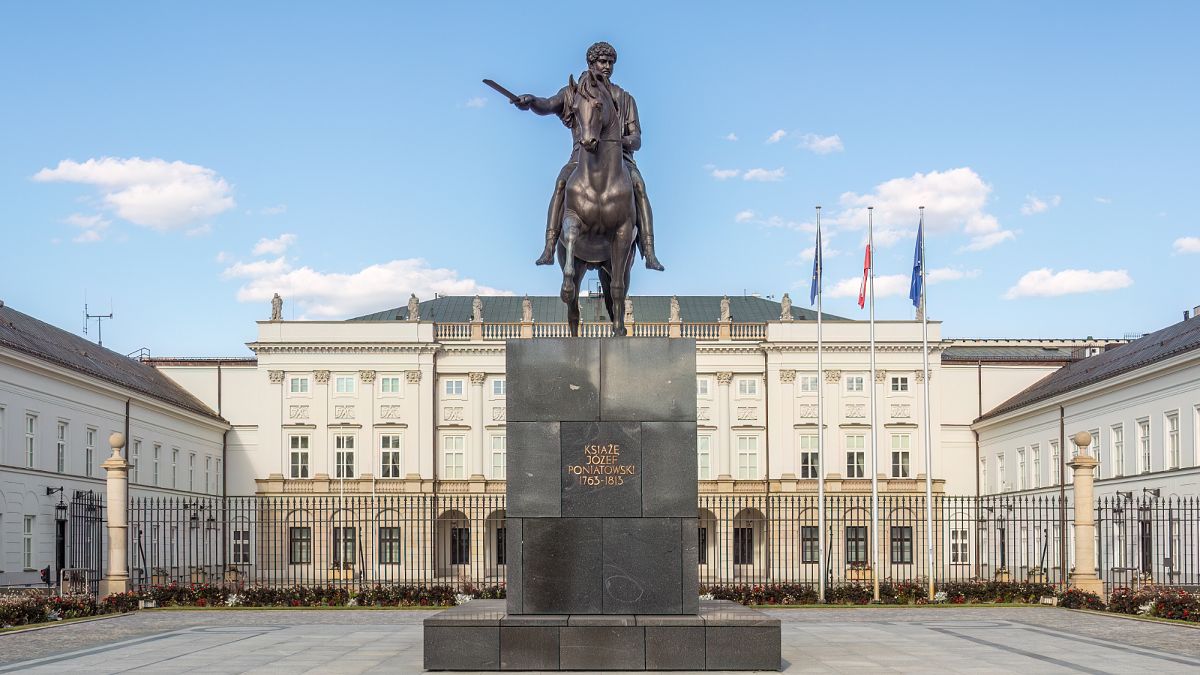
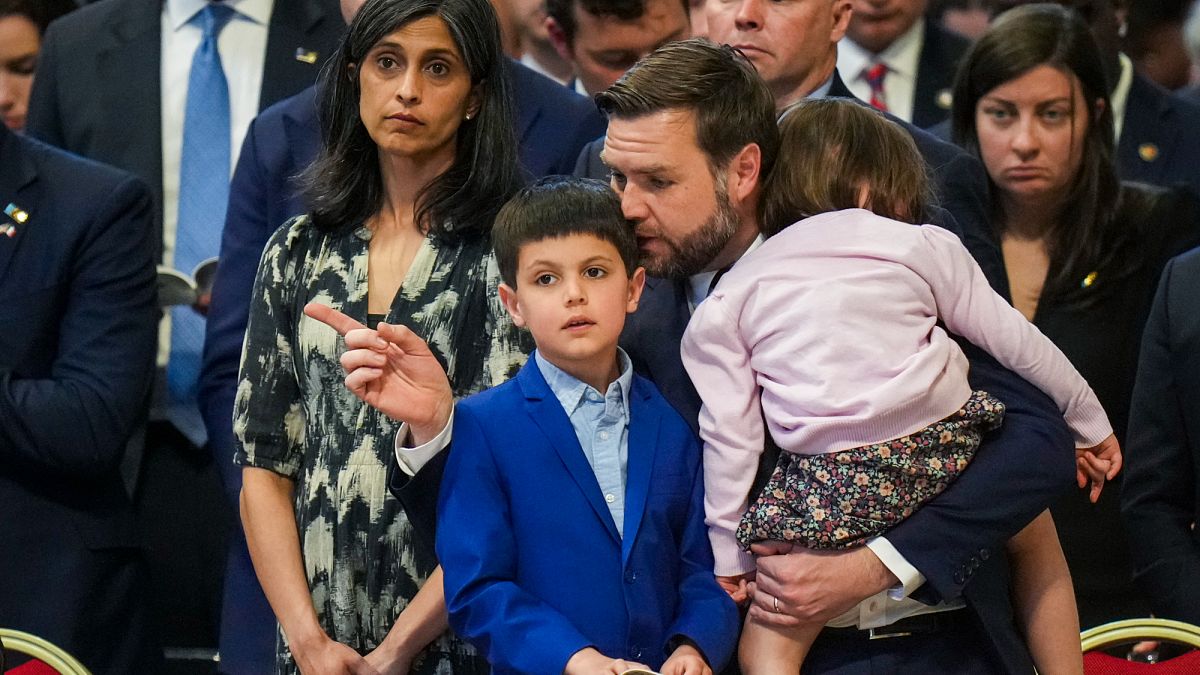
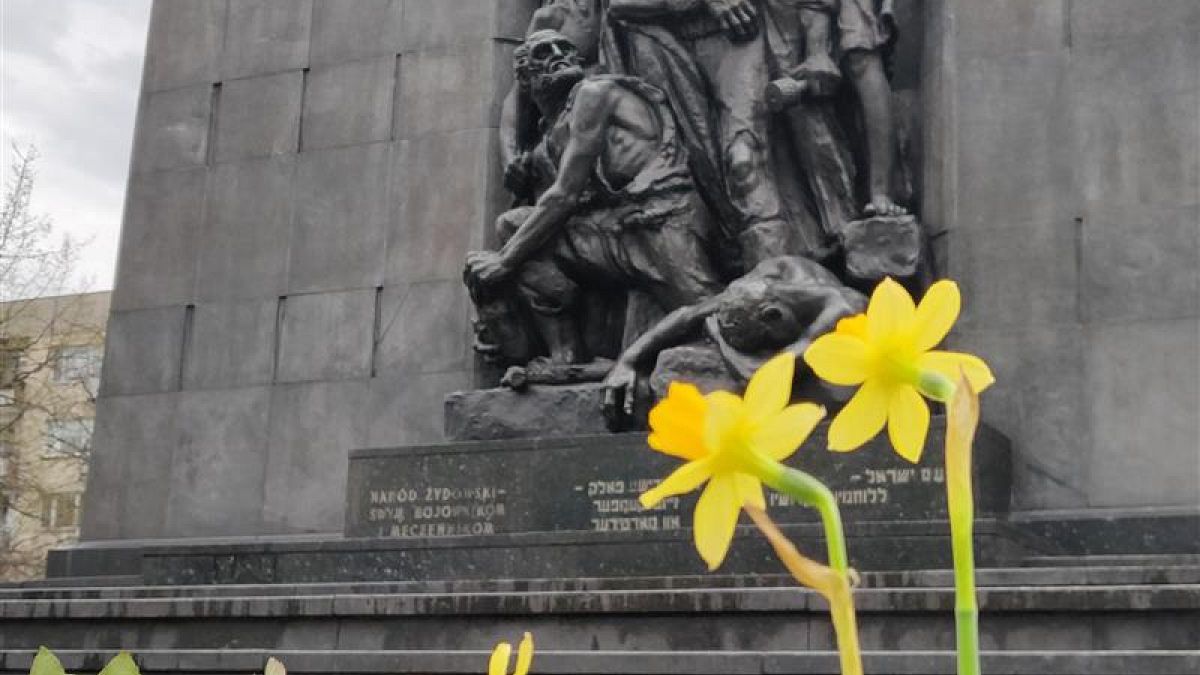
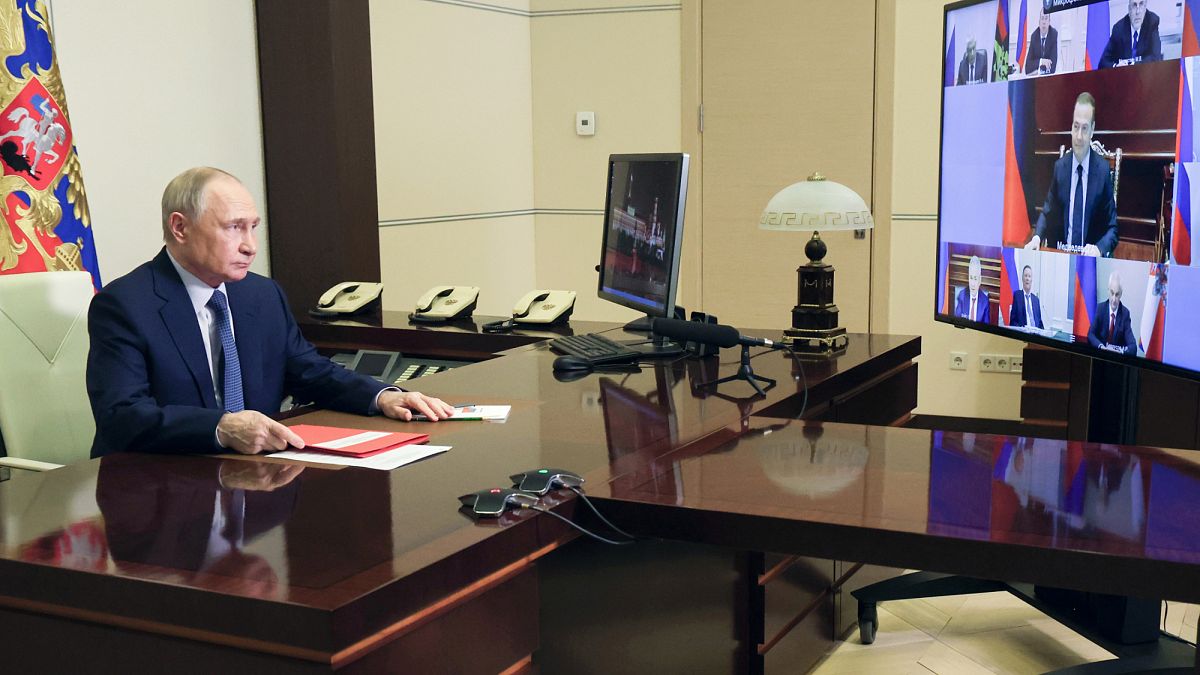
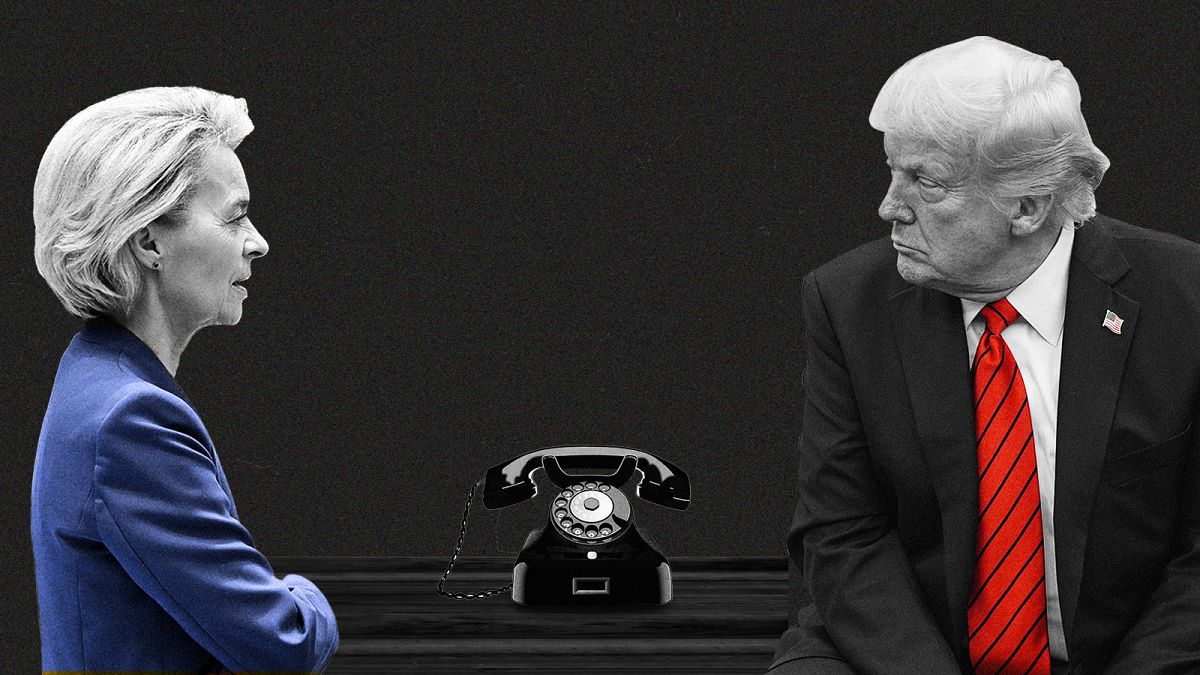
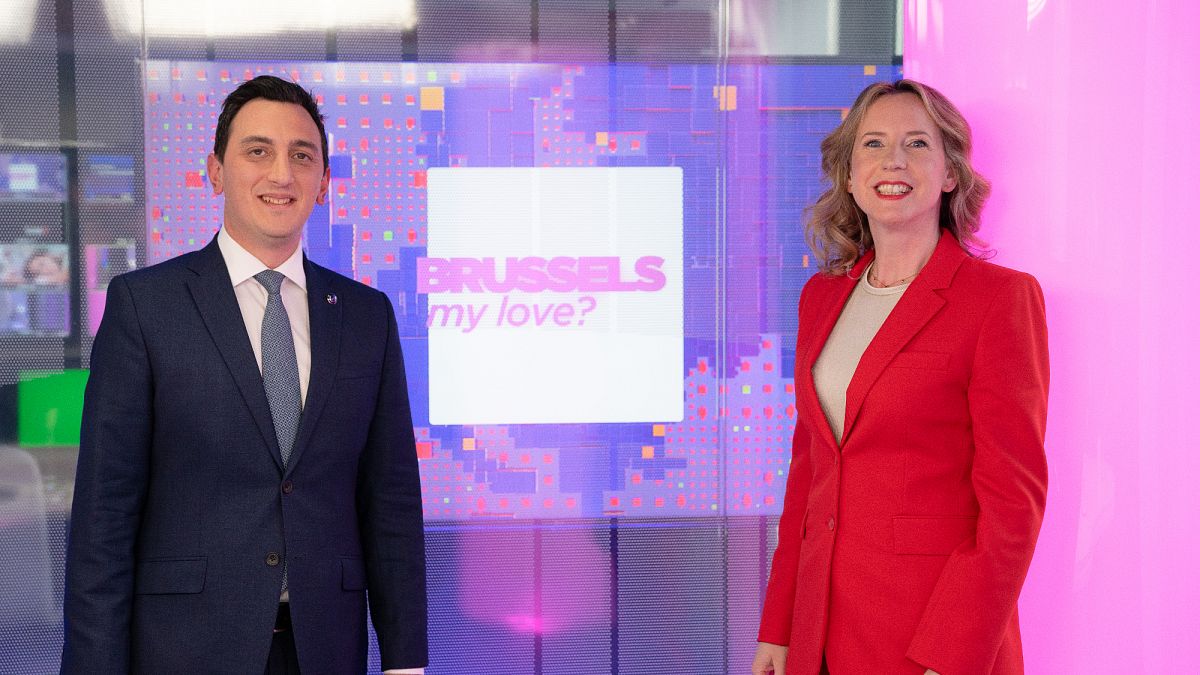
 We deliver critical software at unparalleled value and speed to help your business thrive
We deliver critical software at unparalleled value and speed to help your business thrive






 English (US) ·
English (US) ·